Home - Rethinking ”Finnish” Music History
RETHINKING "FINNISH" MUSIC HISTORY
Transnational construction of musical life in Finland from the 1870s until the 1920s
The project interprets the development of Finnish musical life at the end of the age of autonomy from a transnational perspective. It makes a critical evaluation of earlier nationalistic research practices where the flow of music history was viewed as inevitable development – a product of the work of talented composers, powerful authorities and collective patriotism. From the outset, the project deems the formation of the national art of music and musical life of the 1800's as a transnational process, which migrated, adjusted and translated the styles, institutions, conventions and performance practices of western music to be a part of the cultural life of the Northern Grand Duchy. The project does not author history of Finnish music, but rather history of music in Finland.
The project utilises a micro-historic research method where the central methods are network analysis, close reading, source criticism and counterfactual thinking. The development and change of cultural canons is also observed to great extent. The transnational process of the development of musical life is examined with four points of focus: the formation of a "Finnish" musical language, the beginnings of national music research, national music festivals and the changes in concert repertoires and musical taste. The research is based mainly on archival material available in Finnish and overseas archives, and other central sources are contemporary literature, periodicals and the recordings, sheet music and scores of musical works.
